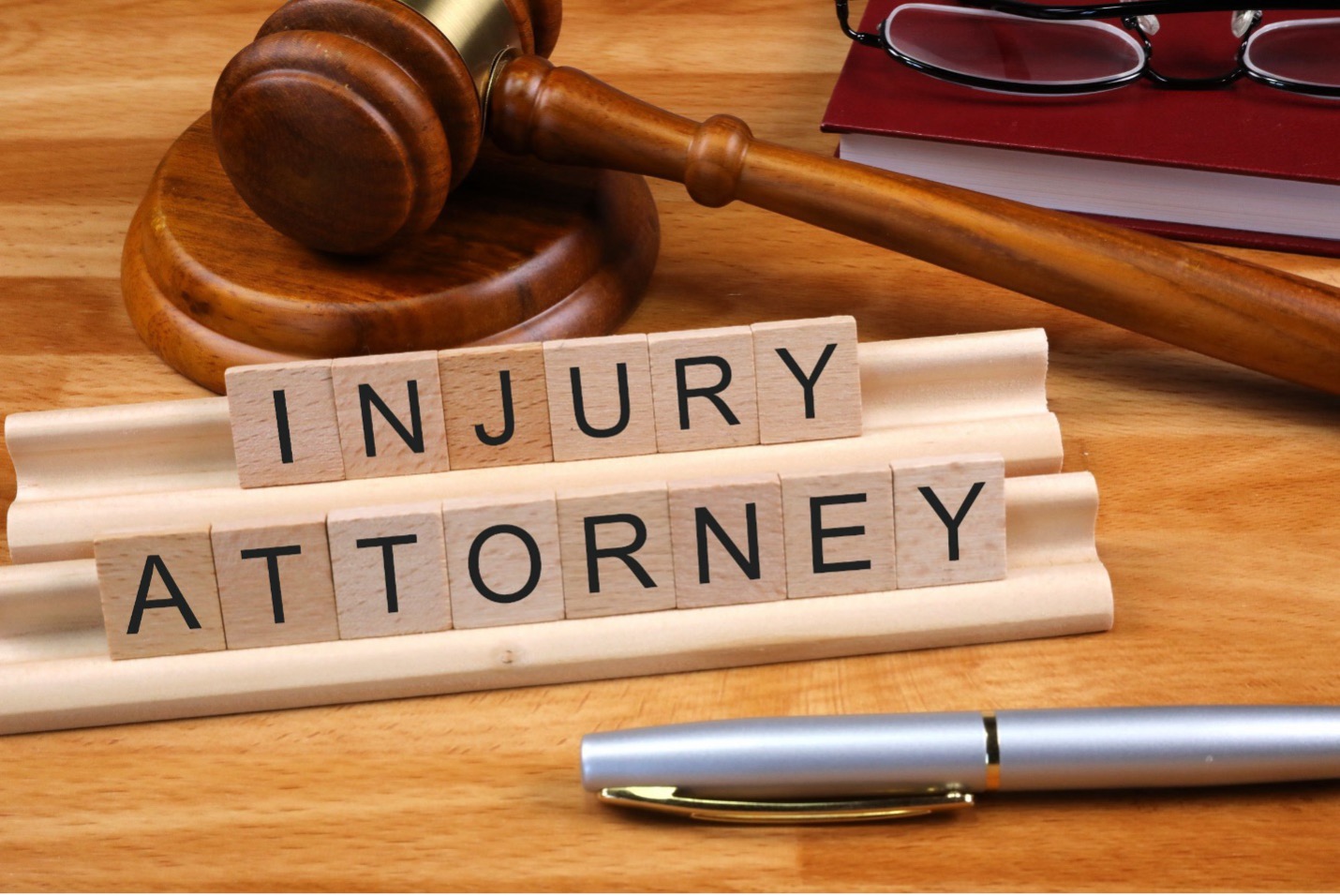Now Reading: Reopening a Personal Injury Case After Settlement: Is It Possible?
-
01
Reopening a Personal Injury Case After Settlement: Is It Possible?

Reopening a Personal Injury Case After Settlement: Is It Possible?
Settling a personal injury case typically marks the end of a legal dispute. However, some individuals may later wonder whether reopening a lawsuit after settlement is an option. While the idea of revisiting a case may be appealing, especially if the settlement feels inadequate, it’s crucial to understand that settlements are final and legally binding. This article explores the power of settlement agreements, factors to consider before signing, and the role of an attorney in achieving a fair resolution.
Understanding the Power of Settlement Agreements
When you settle a personal injury case, you enter into a legally binding agreement. This document typically includes a “release of claims,” meaning you waive your right to bring further legal action against the responsible party. Settlements are designed to provide closure for both sides, ensuring no future litigation arises from the same incident.
This finality is why courts are unlikely to reopen cases after a settlement. Once you sign the agreement and accept the payment, your legal recourse is effectively over.
Factors to Consider Before Signing the Agreement
Given the permanence of a settlement agreement, it’s essential to carefully evaluate the terms before signing. Here are critical factors to consider:
- The Full Extent of Your Injuries
Some injuries may not fully manifest until weeks or months after an accident. It’s crucial to wait until your medical condition stabilizes to ensure the settlement covers all present and future medical expenses. - Financial Losses Beyond Medical Bills
A fair settlement should account for all financial damages, including lost wages, reduced earning capacity, and property damage. Underestimating these costs can leave you financially strained after the case is resolved. - Non-Economic Damages
Pain and suffering, emotional distress, and diminished quality of life are non-economic damages that deserve consideration. These intangible losses can significantly impact your well-being, so they should not be overlooked during negotiations.
By thoroughly evaluating these factors, you can reduce the risk of accepting an inadequate settlement.
How a Lawyer Can Help Get Fair Compensation
Navigating a personal injury settlement can be complex, particularly if the other party or their insurance company employs aggressive tactics. A skilled personal injury lawyer plays an invaluable role in ensuring you receive fair compensation.
- Accurate Valuation of Your Claim
Lawyers assess all aspects of your case, including medical records, expert testimony, and financial documentation, to determine the full value of your damages. This helps prevent undervaluation by insurance companies. - Negotiation Expertise
Insurance adjusters often aim to minimize payouts. An attorney with negotiation experience can push back against lowball offers and secure a settlement that reflects your true losses. - Legal Protection
Lawyers ensure your rights are protected throughout the process. They review settlement agreements to confirm the terms are fair and that you understand the legal implications of signing.
Having a lawyer by your side significantly reduces the chances of regretting your settlement later. They will make sure that you are compensated for current financial losses, emotional losses, and future losses. They will even go for punitive damages if the actions of the defendant warrant it.
Final Thoughts
While reopening a personal injury case after settlement is not possible in most situations, taking steps to ensure a fair and comprehensive settlement can help you avoid post-resolution dissatisfaction. Understanding the power of settlement agreements and carefully considering all factors before signing are critical to protecting your rights and securing appropriate compensation.
Consulting a skilled personal injury lawyer is the best way to navigate the settlement process effectively. Their expertise can make the difference between a resolution that leaves you financially secure and one that falls short of your needs.









